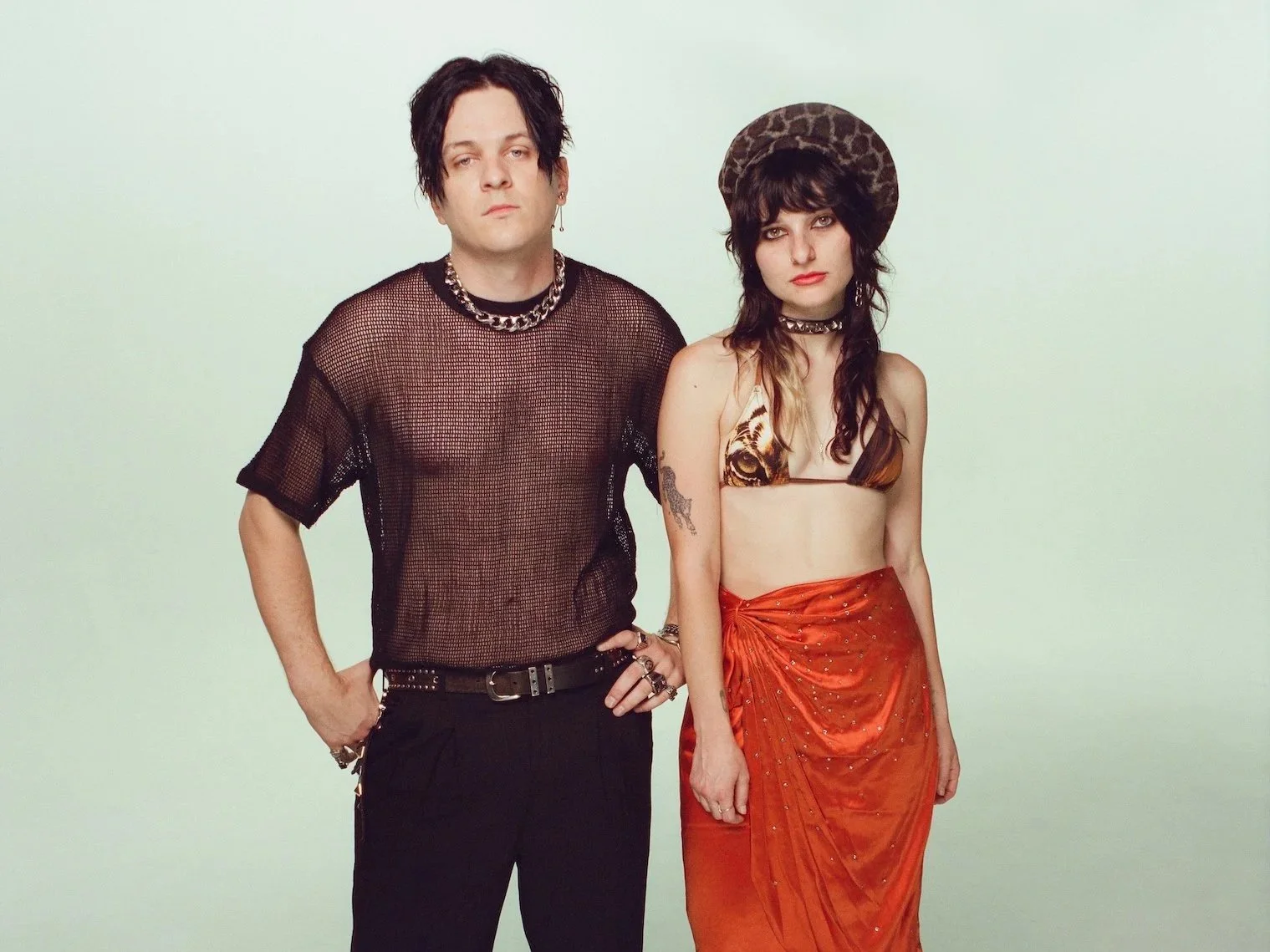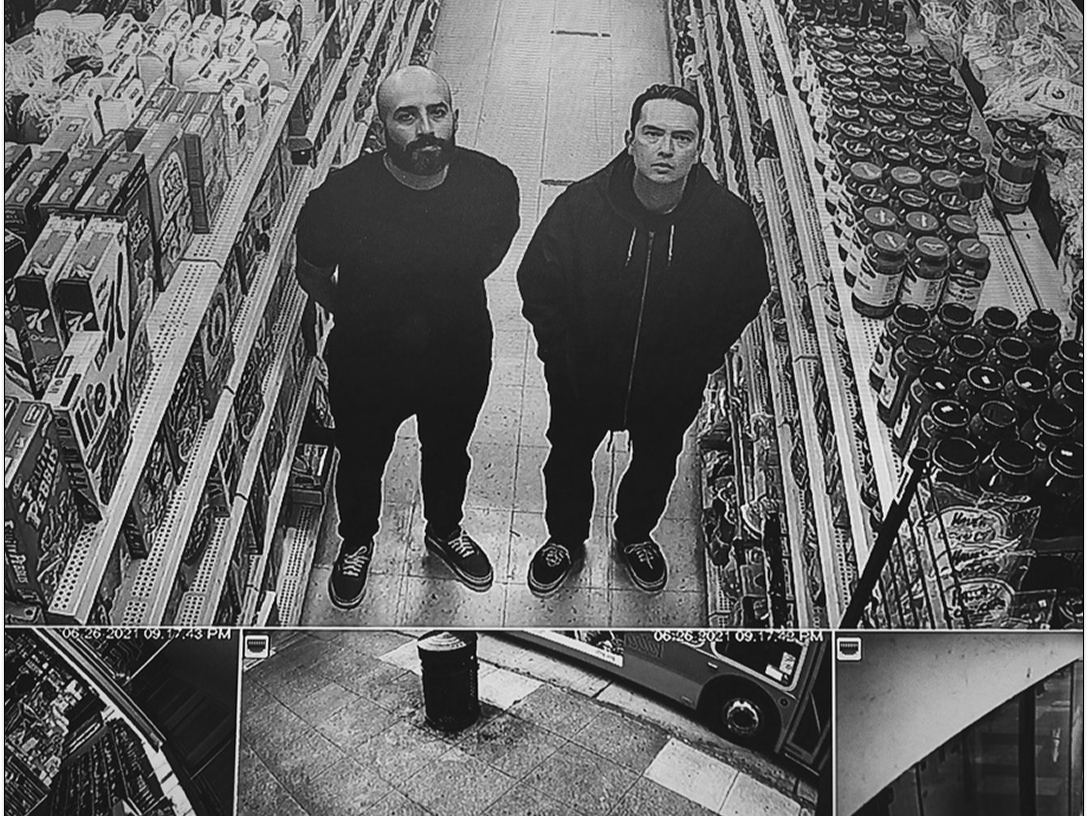Get to know Lo
Photo Credit: Wies Zijlema
Hearing the term “mystical pop” gives way to the mind wandering. On her debut EP Over the Forest, the artist/composer Loïs de Vries, who goes by Lo, it stemmed from the creation of a sonic world with the sole purpose of providing solace.
The five-song release, produced by Lo alongside Anton Pieete and Eelco Bakker, opens with the title track. It is a synth and string experience that invokes a sense of curiosity, like stepping into a delicate and pristine world. The minimal instrumentation provides the backdrop to Lo’s vocals. The music is calming and eerie at the same time—the kind of strangeness that comes from exploring deep within the unknown. On “I’m Here” ominous and peculiar noise slowly unwind into a meditative drone. Lo sings, “When I look inside I see / Myself is what I need,” her harmonies providing the song’s architectural structure, before electronic drums kick in.
We spoke with Lo about the healing powers of music, vocal arrangements, tackling negative thoughts and more.
You’ve talked about how writing Over the Forest was “a self-soothing act.” Do you consider music to be healing?
I would say that the process of writing the music was healing for me. While writing, I noticed that subconscious feelings and ideas started to surface. It felt like a safe way to reflect on the situation I was in, and where I was heading — or not heading, actually. Playing and performing my music feels like a gateway to connect with my emotions as directly as possible, which in itself feels like a form of healing. More broadly, I believe music can be healing, since it can evoke an emotional response instantly, almost through our reptile brain. But whether that happens, and to which music, is deeply personal. I don’t necessarily intend my music to be healing — but if someone experiences it that way, I’d be deeply flattered.
The vocal arrangements on the EP are outstanding. What’s your approach to layering vocals and generally using your voice to enhance a song or provide the instrumentation?
Thank you so much! When I was younger, my mom, my sister and I would always harmonize together. If one of us was singing, the others would add vocal lines. This has shaped my way of listening to music completely. When I think of a melody, I automatically think of three others that would go with it. Recording those vocal layers is a way of getting them out of my head, because otherwise it gets too crowded to think of any other idea. That is what I do with writing the instrumentation of my songs as well. I get everything I hear in my head out of there, and then I start molding that to something I feel actually works.
Your music is described as “mystical pop.”— and as a listener, there’s a feeling of possibility in your compositions. How would you characterize the genre?
I think the term mystical pop describes the genre my music lives in well. It hovers somewhere between the melancholic and the hopeful, with experimentation as an essential part of its identity. It’s a space where emotion and atmosphere lead, and where not everything needs to be fully resolved.
What are some of your musical influences?
My biggest musical influence is my family — we would often play together when I was younger. My family were big Beatles fans, so their music got slammed into my brain early on. I do still find them inspiring, for example when it comes to harmonies and chord progressions.
More contemporary influences include artists like ML Buch, Weyes Blood, Astrid Sonne, Caroline Polacheck, and Smerz. I love the drama in the music of Weyes Blood and Caroline Polacheck, and the electronic world of ML Buch. Astrid Sonne and Smerz inspire me with their way of experimentation.
As the writer and producer of Over the Forest, what were some of your biggest challenges and how did you overcome those?
My biggest challenge was honestly just to get started. I was very scared to fail – to write music I thought wasn’t good enough. When I realised that not starting was definitely not getting me anywhere, I knew I had to try a new tactic.
This new approach included trying my best to push away the negative thoughts that came up during the writing process and to keep going. I tried executing my ideas without criticizing them right away, and to judge later on in the process whether the ideas made sense or not. This turned out to be a great exercise and ultimately led to a finished EP.
What’s next for you now that the EP is out?
Right now, I’m mostly back in the studio writing new music. I’m excited to be in the creative phase again and to see where my ideas are taking me next.
Over the Forest is out now via Intercept Records. You can listen below via Spotify or wherever you stream music. Follow Lo on Instagram.






The first Bandcamp Friday of 2026 is here and we’re back with our recommendations!